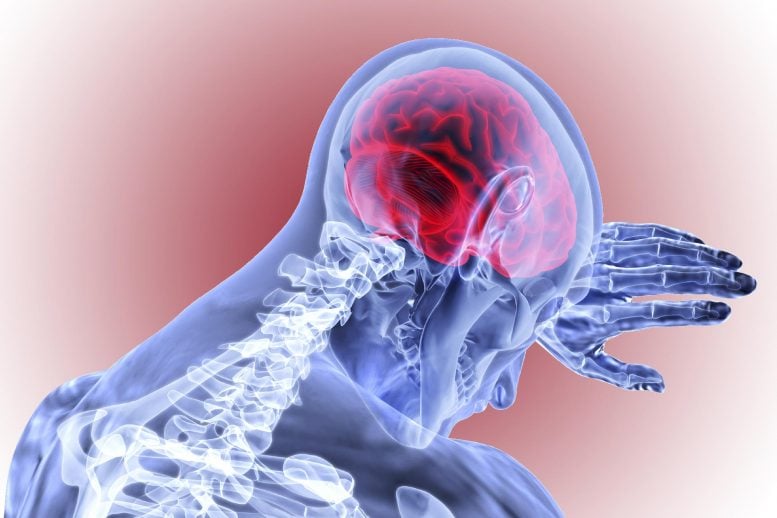
Acute stroke, also known as a “brain attack,” is a medical emergency that occurs when the blood flow to the brain is interrupted or reduced, leading to damage or death of brain cells. This can happen as a result of a blocked artery, a ruptured blood vessel, or a clot that travels to the brain.
New research from the University of Galway, published in the Journal of the American Medical Association Network Open (JAMA Network Open), suggests that psychosocial stress may increase the risk of stroke.
The study discovered that experiencing any stressful life event raises the risk of stroke by 17%, and experiencing two or more such events raises the risk by 31%.
The research was led by Dr. Catriona Reddin, at the University of Galway’s College of Medicine, Nursing, and Health Sciences. It looked at levels of stress in more than 26,000 people in Europe, Asia, North and South America, the Middle East, and Africa.
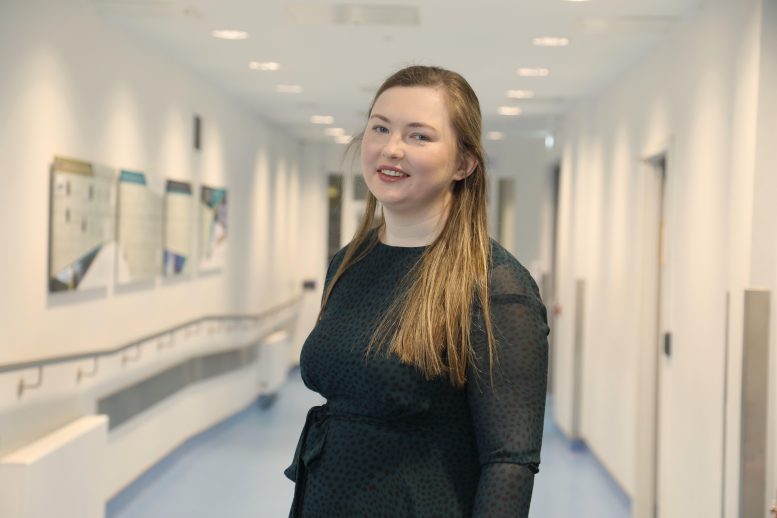
Dr. Catriona Reddin, University of Galway’s College of Medicine, Nursing and Health Sciences. Credit: Aengus McMahon
The research found that increased stress at home, stress at work, and recent stressful life events (e.g. marital separation/divorce, major intra-family conflict) were associated with an increased risk of ischaemic stroke (a stroke due to a clot) and hemorrhagic stroke (a stroke due to bleeding within the brain tissue).
Those who reported severe work stress were over twice as likely to have an ischaemic stroke, and over five times as likely to have a hemorrhagic stroke compared to those who reported no work stress.
The increased risk was lower in individuals who reported feeling more in control.
Dr Reddin said: “Approximately 7,500 Irish people have a stroke, an estimated 30,000 people are living in Ireland with disabilities as a result of a stroke and annually about 2,000 Irish people die as a result of a stroke. In this latest INTERSTROKE study, we looked at self-reported stress.
“In people who reported severe home stress, the increase in stroke risk was lower in those who felt that what happens in life is determined by factors within their control.
“Similarly, in individuals who reported severe work stress, the increase in stroke risk was lower in people who felt that they had control over what happens in work, in most situations, compared to people who felt that they had little control over their work life.”
Professor Martin O’Donnell, Professor of Neurovascular Medicine at the University of Galway and Consultant Stroke Physician at Galway University Hospitals, co-led the international INTERSTROKE study in partnership with Professor Salim Yusuf from the Population Health Research Institute at McMaster University, Canada.
Professor O’Donnell said: “Stroke is the most common cause of adult disability globally. Stroke prevention is crucial and the more we understand about the disease the better-equipped physicians and the public can be to mitigate the risks.
“The INTERSTROKE study is giving us a better understanding of the importance of conventional and emerging risk factors of stroke in different regions and ethnic groups globally, which are required to help prevention. We know that the best ways to prevent stroke are to eat a healthy diet, exercise regularly, and avoid smoking and drinking too much alcohol.
“In this latest study, we got deeper insights into how work and life-related stresses can contribute to stroke. The findings suggest that higher locus of control is associated with lower risk of stroke and may be an important effect modifier of the risk associated with psychosocial stress.”
Reference: “Association of Psychosocial Stress With Risk of Acute Stroke” by Catriona Reddin, MB, Robert Murphy, MB, Graeme J. Hankey, MD, Conor Judge, Ph.D., Denis Xavier, MD, Annika Rosengren, Ph.D., John Ferguson, Ph.D., Alberto Alvarez-Iglesias, Ph.D., Shahram Oveisgharan, MD, Helle K. Iversen, MD, DMSci, Fernando Lanas, Ph.D., Fawaz Al-Hussein, MD, Anna Członkowska, Ph.D., Aytekin Oguz, Ph.D., Clodagh McDermott, MD, Nana Pogosova, MD, German Málaga, MD, Peter Langhorne, Ph.D., Xingyu Wang, Ph.D., Mohammad Wasay, MD, Salim Yusuf, DPhil and Martin O’Donnell, Ph.D., for the INTERSTROKE investigators, 9 December 2022, JAMA Network Open.
DOI: 10.1001/jamanetworkopen.2022.44836
INTERSTROKE study is one of the largest international studies of risk factors for stroke. It has been analyzing data from 26,000 people in 27 countries since 2007.

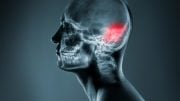

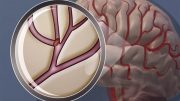
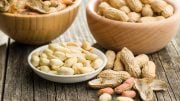

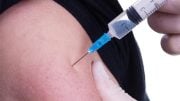
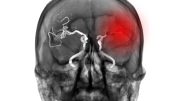
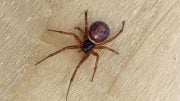
Be the first to comment on "Stressful Life Events Tied to Increased Risk of Stroke"